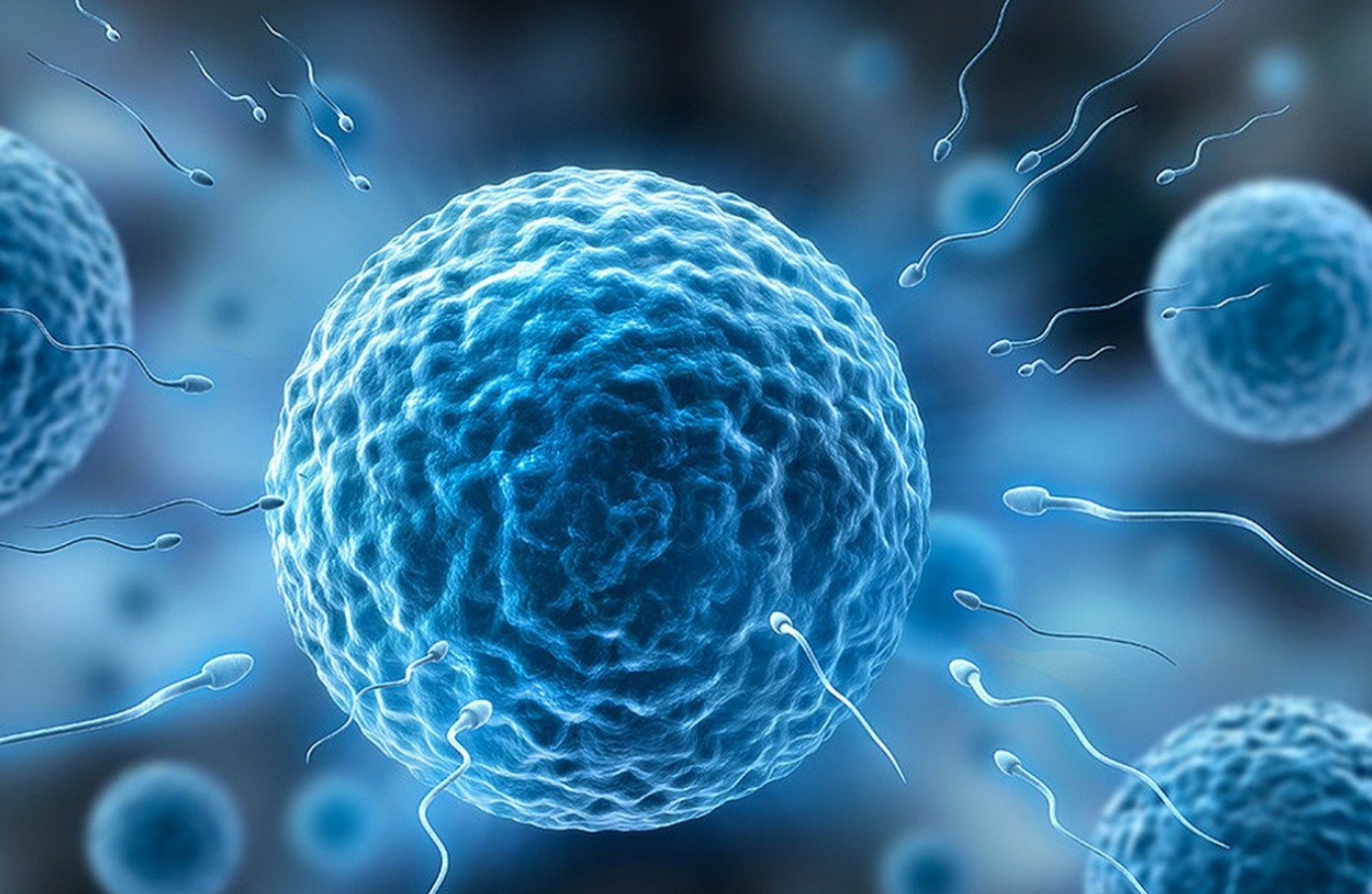Donors using reputable clinics and banks can be sure they won’t have parental duties and can choose to protect their information.
Sperm donation offers individuals an invaluable and altruistic means of contributing to family formation, fertility treatments, and scientific research. With one in six couples struggling with infertility, donating has allowed couples and individuals around the world to expand and finally realize their dream of parenthood.
As altruistic as this practice may be, there are many questions surrounding donor rights, compensation terms, and legal protections. In this article, we cover the essentials of sperm donation, so that you’re well-informed should you decide to go on this journey yourself.
The Basics of Sperm Donation: Who, How, and Why
Sperm donation is the process of giving your sperm to help couples or individuals going through IVF or IUI make a baby. Clinics and banks help by making sure sperm is taken, checked, and used safely from men who can donate.
To be a sperm donor, a man must meet some health and lifestyle rules. Donors are usually between 18 and 39, though some places only take donations from men up to 35. They need to pass health tests for diseases, genes, and general health to ensure sperm quality. Certain habits like smoking or drug use may prevent someone from donating, as clinics want the healthiest sperm for better chances of success.
If you’re wondering how much is sperm worth, then you should know that sperm banks pay donors generously. In the US, donors can get $70 to $150 for each donation, and if they donate often, it can be a regular side income. As a general rule of thumb, an individual can donate a couple of times a week for several months.
Legal Rights of Sperm Donors: What Protections Exist?
One of the key points in sperm donation is making sure donors aren’t seen as parents of the children born from their sperm. Most places have clear rules that protect donors from being responsible for the kids, as long as they donate through official places and not on their own. These rules make it clear that donors give up all parental rights and duties, like paying money, spending time, or leaving an inheritance.
In the US, for instance, donors who give through listed sperm banks are legally kept safe from any parent claims from those who receive the sperm. This is true in many other countries too, where laws keep donors apart from the kids born from their donation. If someone donates privately, the laws can be less clear, and issues may come up if there aren’t any clear written agreements in place. Donors should know that using certified clinics and banks is the safest and most secure way legally.
Privacy and Anonymity: Balancing Donor Confidentiality with Ethical Responsibility
In the past, many sperm banks kept donors’ names secret, letting them stay unknown if they wanted privacy. This meant donors could give without worrying about future contact, as their details would not be shared with recipients or future children. But now, changes in how families are made and new tech have stirred talks about keeping donors’ names secret versus making them known.

With more people using home DNA tests and databases, some children born this way have found their real parents, even if those parents wanted to stay hidden. Because of this, some clinics now let donors decide if they are okay with being contacted later. While donors can still choose to stay secret in many places, they should know their name could be found through DNA tests, no matter the promises made to keep it private at the time they were donating.
Legal Safeguards for Donor-Recipient Relationships
To keep things legal for both donors and recipients, many clinics ask for legal papers that lay out everyone’s part in the donation process. These papers often say that donors can’t claim parental rights and that recipients take full responsibility for any kids born from the donated sperm. They might also mention if the donor agrees to future contact or wants to stay unknown.
Lots of clinics even offer legal help for donors so they know what they’re agreeing to. Sometimes, when the laws are tricky, donors might need their own lawyer to protect their rights. These legal steps are key for trust between donors and recipients, helping to set up a fair and clear relationship based on mutual respect and understanding.
Bottom Line
Sperm donation is important for helping couples and individuals struggling with infertility, yet it also needs careful thought about donor rights, legal safeguards, and ethics. Donors using reputable clinics and banks can be sure they won’t have parental duties and can choose to protect their information. But new tech and changes in society may test the limits of privacy and secrecy, and donors need to be well aware of that. As fertility science moves forward, a fair and respectful approach to sperm donation is key, ensuring all parties’ rights are protected.


Join the conversation!